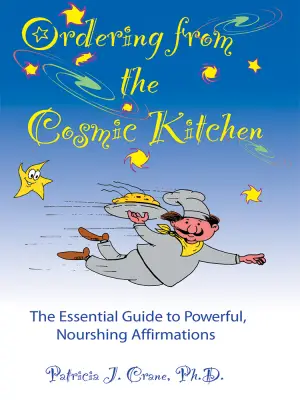I recently finished Carnegie’s Maid by Marie Benedict, and I must say, it was quite a captivating journey. As a historical fiction enthusiast, I was drawn to this book not just for its compelling narrative, but also for its exploration of a remarkable woman who may have played a significant role in shaping one of America’s most prominent figures—Andrew Carnegie. The combination of intrigue, identity, and the backdrop of 19th century Pittsburgh felt irresistible!
Clara Kelley, the protagonist, is a poor farmer’s daughter from Ireland, who cleverly assumes the identity of another woman to secure a job in the Carnegie household. This premise is not only intriguing but establishes a rich ground for character development. As Clara navigates her new life, her business acumen and resolve quickly earn her Carnegie’s trust, yet she must keep her true identity hidden to protect her family back home.
One of the standout features for me was the depth of Clara’s character. Many readers have praised her strong will and intelligence, and I wholeheartedly agree. Clara’s journey of personal growth and the challenges she faces made me root for her from the very beginning. However, while the character development of Clara is impressive, I felt that some of the secondary characters could have been fleshed out a bit more. For example, Andrew Carnegie’s character was often iconic and larger-than-life, but I yearned for more insight into his motivations beyond his business prowess.
Moreover, the book adeptly captures the gritty atmosphere of Pittsburgh during the industrial revolution. The vivid descriptions of the city and its transformation through steel really helped to set the tone. However, there were moments where the pacing slowed down, particularly in the middle sections. Some readers have mentioned this, and I found it to be a slight drawback as parts of the narrative felt a bit drawn out, which could have impacted the momentum of the story.
That said, the themes of identity, ambition, and female empowerment resonate throughout Carnegie’s Maid. The book poses the intriguing question of what kind of woman could have inspired an American dynasty. As I read, I was constantly reminded of Clara’s internal struggle to balance her ambitions with her loyalty to her family. It’s fascinating how Benedict suggests that this seemingly unassuming maid may have played a critical role in transforming Carnegie from a ruthless industrialist to a philanthropist.
Overall, Carnegie’s Maid met my expectations as a well-researched historical fiction piece with a strong female lead. Despite a couple of pacing issues and minor disappointments concerning secondary characters, the novel’s strengths clearly overshadow these drawbacks. Benedict has crafted a beautifully nuanced story, one that invites readers to reflect on the often-overlooked contributions of women in history.
I would highly recommend this book to anyone who enjoys historical fiction rich with character-driven narratives. If you’re looking for a combination of emotional depth and historical intrigue, Carnegie’s Maid is a delightful addition to your reading list. Marie Benedict has certainly delivered a story that lingers long after the last page is turned!








